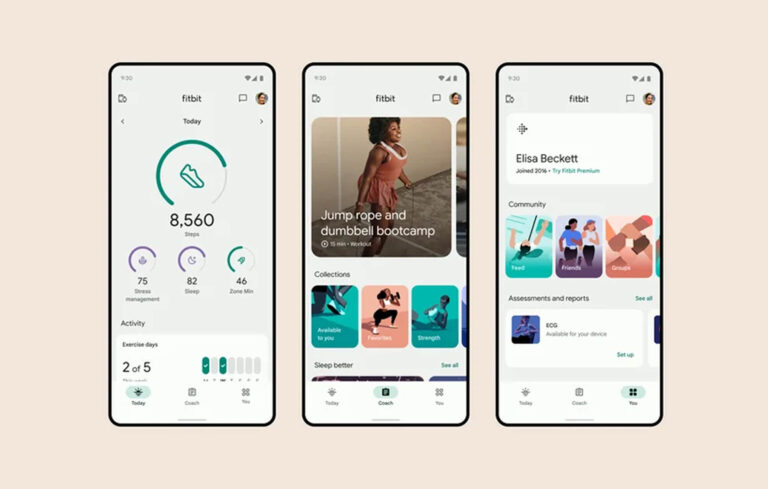
Fatherhood is a special chapter transforming the life of a man. According to Evan Bass Men’s Clinic, beyond a host of responsibilities involving family and professional life, the essence of it is a new emotional connection, never felt before.
Science reveals a close linkage with hormones that create bonding between a father and the newborn. One of the primary hormones, known as oxytocin, popularly called the ‘love hormone, plays a key role in building trust, closeness, and affection between new fathers and their little ones.
- Understanding Oxytocin
Produced in the brain, oxytocin is one of the key hormones. The brain releases it during moments of loving cuddling, touching, closeness, and positive interaction. For mothers, oxytocin is associated with childbirth and breastfeeding. Similarly, oxytocin levels rise in father as they spend time caring and cuddling their baby. This promotes emotional warmth and a deeper bond.
- Link Between Oxytocin and Fatherhood
Beyond creating feelings of love, oxytocin in new dads nurtures their fatherly behavior. It increases their attention and care for their baby’s needs. Reducing stress and the hormone helps in building patience. Fathers with heightened oxytocin levels tend to engage more in affectionate interactions while playing with their child. This early bonding generates the platform for intimate emotional ties.
- Creating Emotional Connection
When a father embraces, holds, cuddles, or interacts with his baby, the brain starts releasing oxytocin. Acts like skin-to-skin touch or eye contact raise oxytocin levels. The increased level of the hormone makes fathers feel more caring and connected. It also encourages feelings of happiness and satisfaction while caring for the baby. Emotional bonding solidifies with each interaction and contact.
- How it Lessens Stress
In general, fatherhood means struggling with stress, worries about the baby’s issues, and sleepless nights. Oxytocin supports lowering stress by balancing the stress hormone. Studies show that father who are more caring for their baby are more likely to experience reduced anxiety and be more relaxed. This symmetry supports both family harmony and emotional health. The reduction of stress through oxytocin also fosters better hormonal stability.
- Supporting Father-Child Play
Father-child playtime is a vital bonding activity. While playing with their babies, oxytocin levels rise for both the new father and the little one. This reinforces trust and happiness. Playing also encourages the development of the baby’s brain and emotional growth. According to Evan Bass Men’s Clinic, fathers who love engaging in playful bonding generate happy memories while shaping their child’s feeling of security and shelter.
- Partner Relationship and Oxytocin
Bonding does not end with the baby. Oxytocin also fosters stronger bonds with partners. Shared parenting moments, cooperation, and support also boost it. This enhances trust and intimacy between the parents. A harmonious parental relationship establishes a safe environment for the child.
- Long-Term Impact
The function of oxytocin is not limited to early bonding. Fathers who establish close bonds with their children foster trust and emotional stability in their lives. Children raised in households where fathers are actively involved tend to develop better social and emotional skills. Oxytocin-driven bonding also ensures that fathers stay close and supportive as the baby grows and develops.
- Ways to Boost Oxytocin
Fathers can boost oxytocin levels through easy, everyday activities. Holding the baby close, talking to her in a low, quiet voice, and singing have also been found to be effective. Feeding times, reading stories, and playing together are also helpful. Daily practices of closeness and bonding create a strong connection between partners.
Oxytocin also plays a powerful role in the bonding between new fathers and their little ones. It facilitates emotional bonding, reduces stress, and enhances both father-infant and partner relationships.




